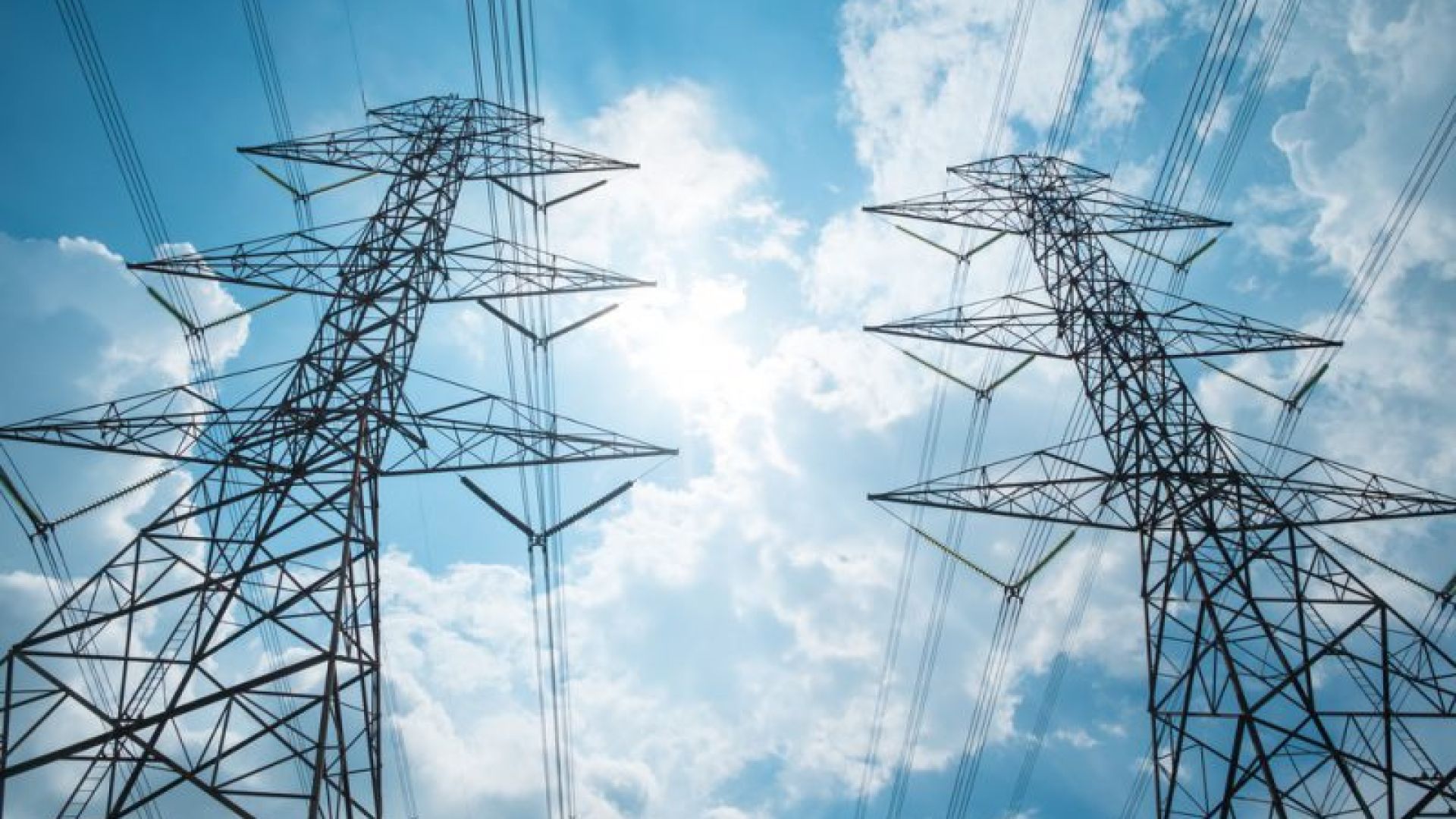Arkansas is at a crossroads: to attract investment, jobs, and a growing demand for power, our electric grid must be ready. A bipartisan hearing on transmission signals that the state is choosing a smarter, faster path to a reliable, affordable grid.
Representative Zack Gramlich (R-Fort Smith) introduced Interim Study Proposal 2025-072, also known as the Fair and Efficient Transmission Compact during a joint hearing with the Arkansas House and Senate Committees on Insurance and Commerce on November 3. The proposal opens the door for Arkansas to work with neighboring states like Louisiana, Mississippi, and Texas to coordinate regional transmission planning, streamline permitting, and ensure that new transmission projects are built efficiently and competitively.
It’s a forward-looking conversation that couldn’t come at a better time.
Why This Matters
Electricity demand across the Mid-South is growing rapidly. From new data centers and advanced manufacturing to artificial-intelligence (AI) facilities and clean energy projects, Arkansas’s grid is being asked to do more than ever before.
But building new high-voltage power lines can take nearly a decade under today’s fragmented approval processes. As Rep. Gramlich noted, “We’ve kicked the can down the road long enough.” His message was clear: Arkansas can’t afford to wait if we want to remain competitive for investment and to keep energy affordable for families and businesses alike.
The Fair and Efficient Transmission Compact would give states a formal way to collaborate on multi-state planning, align siting and permitting rules, and attract private investment, all while keeping final authority with each state’s Public Service Commission.
Expert Voices Underscore the Opportunity
During the hearing, Southwest Power Pool’s Steve Purdy provided lawmakers with a valuable overview of how regional grid operators manage electricity across 14 states, including much of Arkansas. He described how SPP’s planning process has delivered major economic benefits, including how every dollar invested in transmission since 2015 has returned more than five dollars in savings to consumers.
Purdy emphasized that transmission expansion is complex but essential: reliable service, lower costs, and access to the most affordable generation resources all depend on a robust regional grid.
Danny Hofer of the Arkansas Public Service Commission clarified that the Compact wouldn’t replace the PSC’s authority. Instead, it could help streamline information sharing and promote consistency between states, while Arkansas keeps control over siting and ratepayer protections.
Bekaert Corporation’s Daniel Berkowitz highlighted the technological innovations that can help speed progress. Advanced conductors and “grid-enhancing technologies” can double the capacity of existing power lines in just a few years, at a fraction of the cost of new construction. His presentation made it clear that smart innovation can help Arkansas modernize its grid faster and more efficiently.
Brent Bailey of EPL Advisors brought an important perspective to the hearing, emphasizing that Arkansas’s transmission challenges don’t stop at our borders — and neither should our solutions. He noted that rapid economic development across the region is stressing the grid, and that states must work together to streamline planning, reduce duplication, and modernize outdated processes. His message was clear: by coordinating policies with neighboring states and aligning permitting frameworks, Arkansas can attract more investment, support growth, and ensure transmission infrastructure keeps pace with the regional energy needs.
A Pro-Growth, Pro-Reliability Conversation
What made the hearing so encouraging was its tone: bipartisan, educational, and practical. Lawmakers wrestled with cost, oversight, and timing, but the conversation stayed focused on solutions, not blame. From wartime aluminum plants that helped bring utilities together under the SPP in the 1940s to today’s clean-energy opportunities, Arkansas has long been a leader in powering progress. By exploring new frameworks for transmission coordination, legislators are demonstrating the leadership that positions our state for the next wave of growth.
SREA applauds Representative Gramlich and the committees for putting transmission on the legislative agenda and fostering an informed, forward-looking discussion. Transmission isn’t a partisan issue - it's an infrastructure issue. When Arkansas attracts new factories, data centers, and new families, the electricity they require must be ready, reliable, and scalable. That starts with robust transmission.
The Southern Renewable Energy Association will continue to actively participate in meaningful dialogue around transmission with legislators and regulators in the state. Have ideas about how we can better engage around this issue? Drop us a note.


